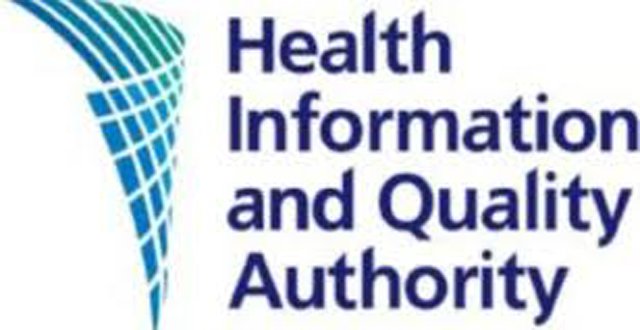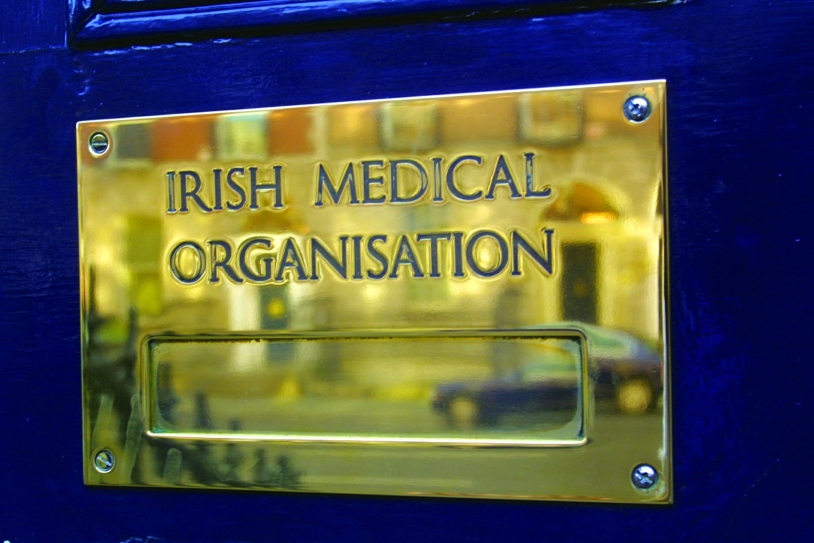HIQA has advised the national public health emergency team (NPHET) that it is not possible to provide an across-the-board endorsement of specific alternative tests to detect SARS-CoV-2 due to variation in performance of individual tests.
The recommendation is based on a rapid health technology assessment (HTA) conducted by HIQA on alternative tests to detect SARS-CoV-2.
At present, rRT-PCR is the reference standard for diagnosis of current infection with SARS-CoV-2 in Ireland.
NPHET requested that HIQA carry out a rapid health technology assessment of alternative tests and approaches to rRT-PCR.
Dr Máirín Ryan, HIQA’s Director of Health Technology Assessment and Deputy Chief Executive, said: “The evidence shows that effective testing strategies rely on a portfolio of tests, using different technologies that can be applied in different settings and situations. There is no single test that is suited to all contexts.
“While testing people at or near the point of care, including with the use of rapid antigen detection tests, has the potential to expand test capacity, reduce test turnaround times and improve access, such tests typically show reduced diagnostic accuracy compared with the current test. Therefore, depending on the circumstances, results from a rapid antigen detection test may need to be confirmed with the current rRT-PCR test.”
HIQA also advised that the introduction of validated rapid testing in Ireland should now be considered to enhance COVID-19 prevention and control, while efficient processes with accurate and reliable rapid tests would facilitate timely clinical management and public health measures.
Dr Ryan continued: “Clinical validation studies help determine the real world performance of tests. Before any new test is implemented, it is crucial that these studies are undertaken in Ireland in the settings for which use of the test is planned. Adopting alternative approaches to laboratory-based testing needs to involve consideration of clinical performance (sensitivity and specificity), disease prevalence, turnaround time and ease of use, all of which will inform the selection of the most appropriate test for each setting.
“The introduction of testing at or near the point of care must be within the context of a supporting quality management system. Along with the adoption of accurate and reliable rapid tests, such a system would support the quality assurance, governance, training and reporting requirements essential to ensure the ongoing safety, validity and reliability of the testing service.
“A cohesive national strategy is needed to ensure the right tests are undertaken in the right people at the right time for the right purpose. Planning now to support delivery of the strategy will facilitate rapid deployment of tests that meet the requisite standards once validated for use.”
The findings and advice were submitted to NPHET for their consideration and to inform public health advice on 7 October 2020.













Leave a Reply
You must be logged in to post a comment.